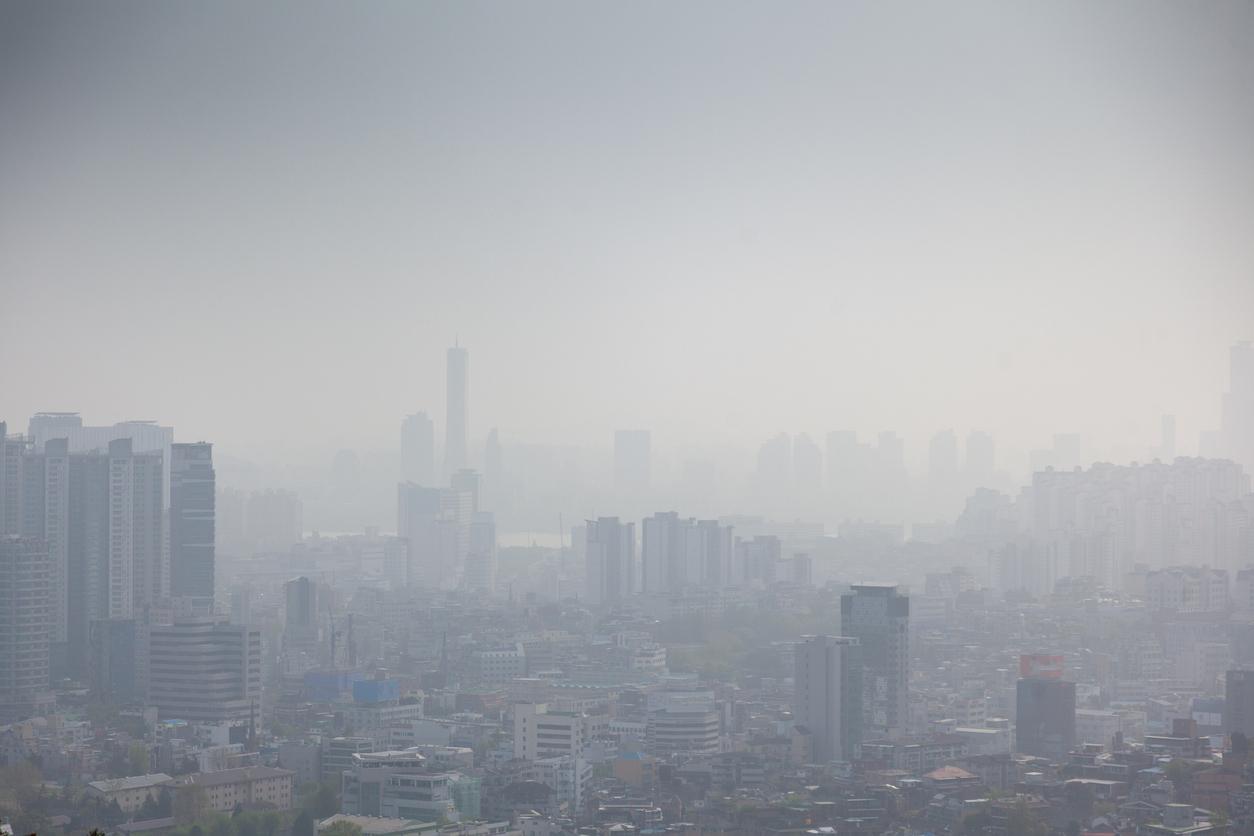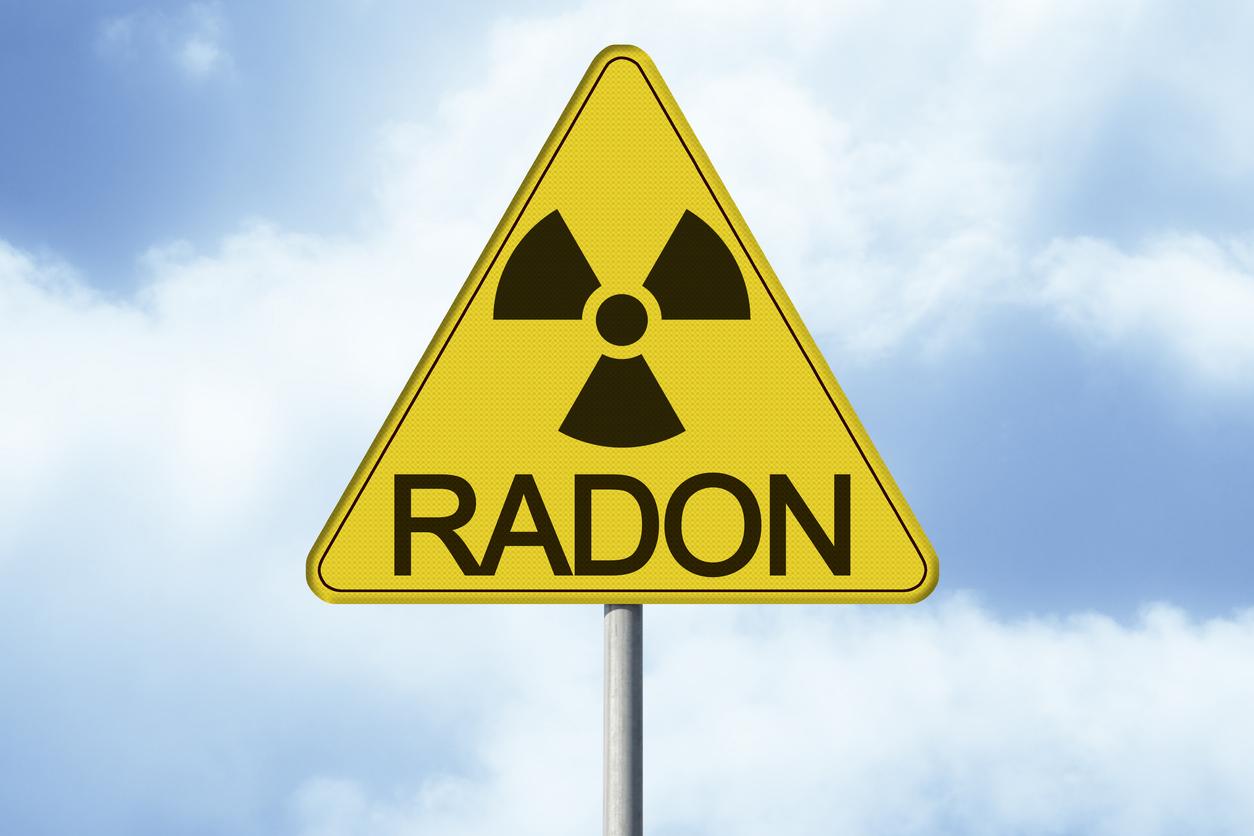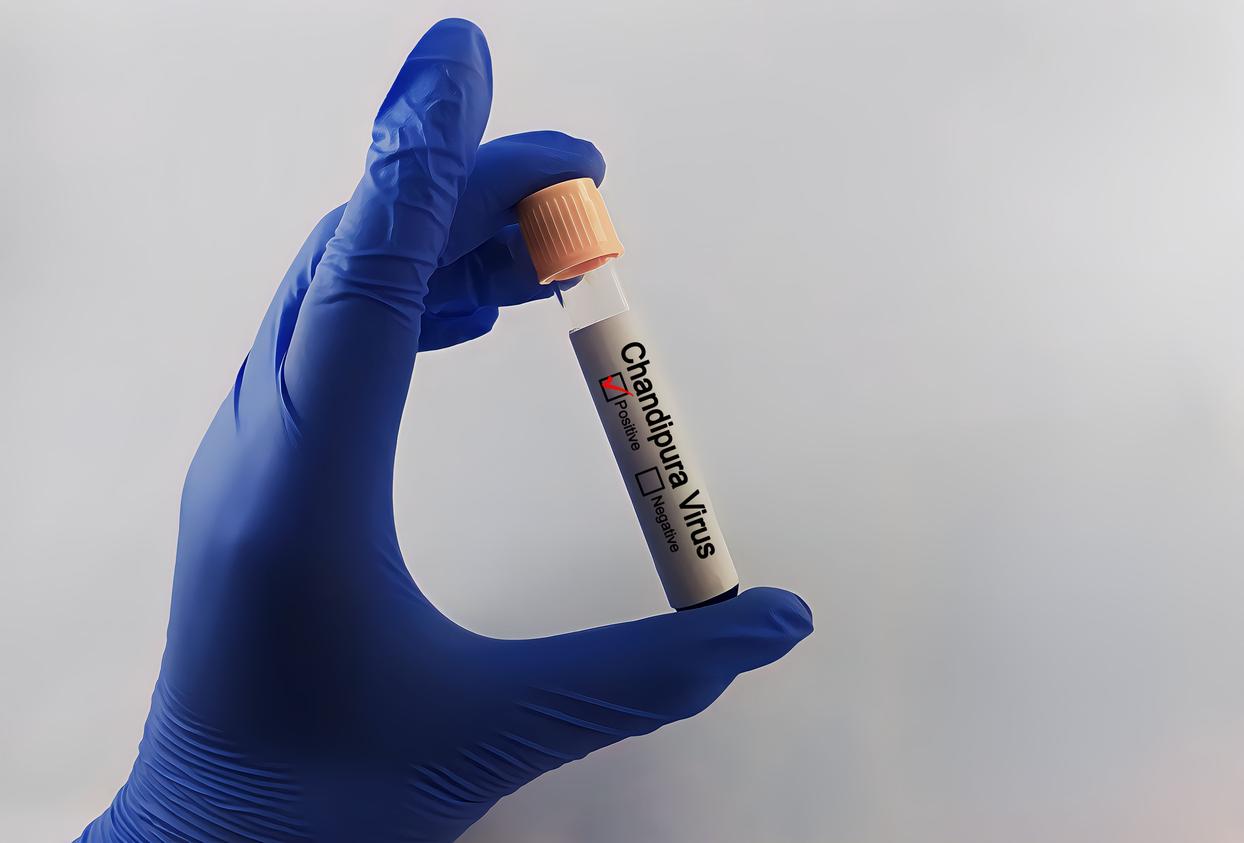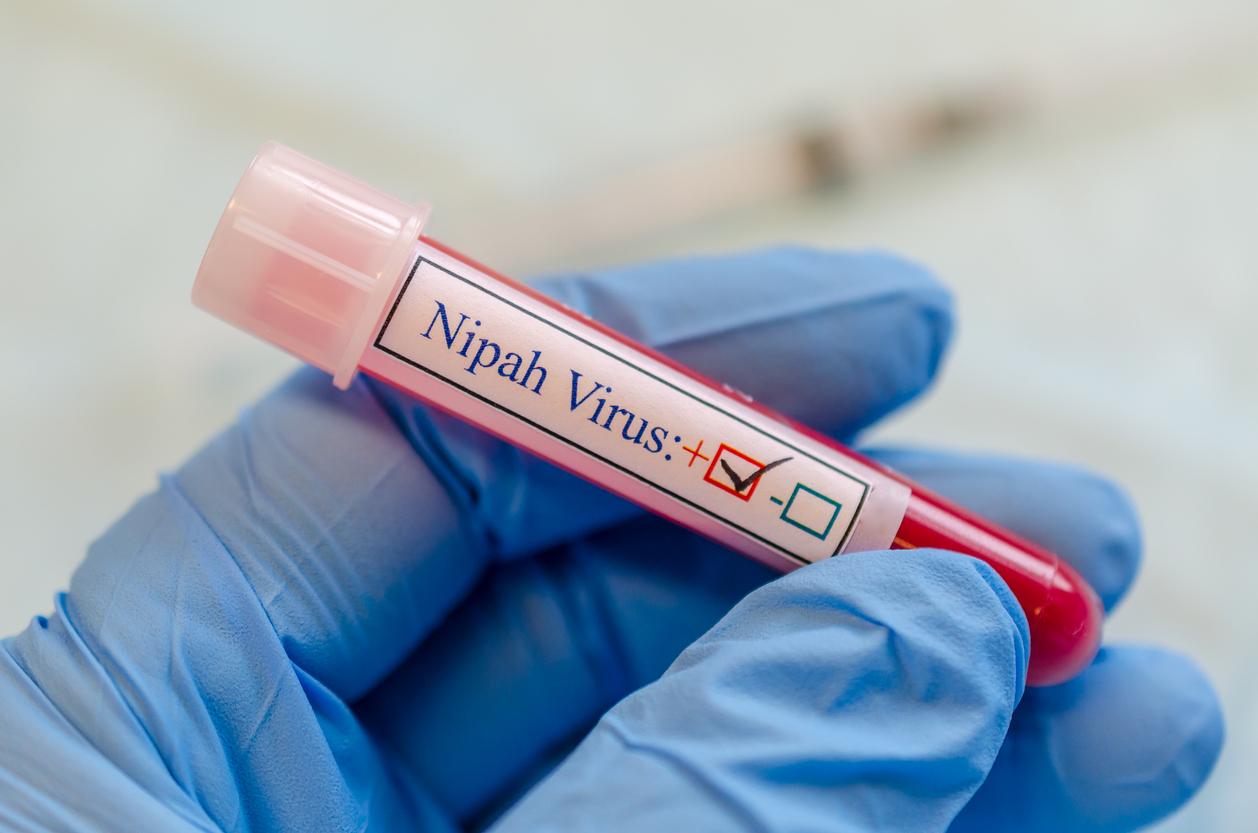On his Twitter account, the Indian Minister of Health praised the benefits of carrots in the fight against pollution, which created controversy.
-1573146307.jpg)
Eat carrots to fight pollution. It could be a joke, if the remarks had not been made by the Indian Minister of Health. For several days, a thick fog of pollution has enveloped northern India, due to agricultural burns linked to rice harvests. The plumes of smoke, coming from the states of Punjab and Haryana, in the north of the country, reached New Delhi, the capital. People there are struggling to breathe. Respiratory problems have worsened, people complain of burning eyes and most of them do not go out without a mask.
In an attempt to curb pollution, Indian Health Minister Harsh Vardhan recently advised people to eat carrots to combat the effects of pollution. “Eating carrots helps the body get vitamin A, potassium and antioxidants, which protect against night blindness (difficulty seeing in low light). Carrots also help fight other pollution-related health issues.”
Eating carrots helps the body get Vitamin A, potassium, & antioxidants which protect against night blindness common in India. Carrots also help against other pollution-related harm to health.#EatRightIndia @PMOIndia @MoHFW_INDIA @fssaiindia pic.twitter.com/VPjVfiMpR8
— Dr. Harsh Vardhan (@drharshvardhan) November 3, 2019
His words did not fail to arouse strong reactions in the country, where citizens expect more concrete measures to reduce pollution than food suggestions.
Carrot and Ayurvedic medicine
If the Minister of Health mentions the properties of the carrot, it is because it holds a special place in Ayurveda, traditional Indian non-conventional medicine. In this medicine, carrots are believed to cleanse the blood and liver and are rich in antioxidants. Also according to Ayurvedic medicine, the carrot is supposed to preserve and improve eyesight. Indeed, carrots are rich in vitamin A, lutein and lycopene, which are essential for the proper functioning of the eye. However, the carrot is not a miracle vegetable, because it has no effect against pollution.
On November 7, the United States Embassy, based in the Indian capital, noted a concentration of fine particles (PM2.5) of 345mg per cubic meter of air, i.e. nearly 14 times the daily recommendation recommended by the World Health Organization (WHO), set at 25mg. In an attempt to reduce pollution in the city, the authorities have decreed the closure of schools and the stoppage of construction sites, and alternating traffic has also been put in place until November 15. According to a study published in the journal The Lancet last year, pollution is believed to have caused 1.2 million premature deaths in India in 2017.
.

















